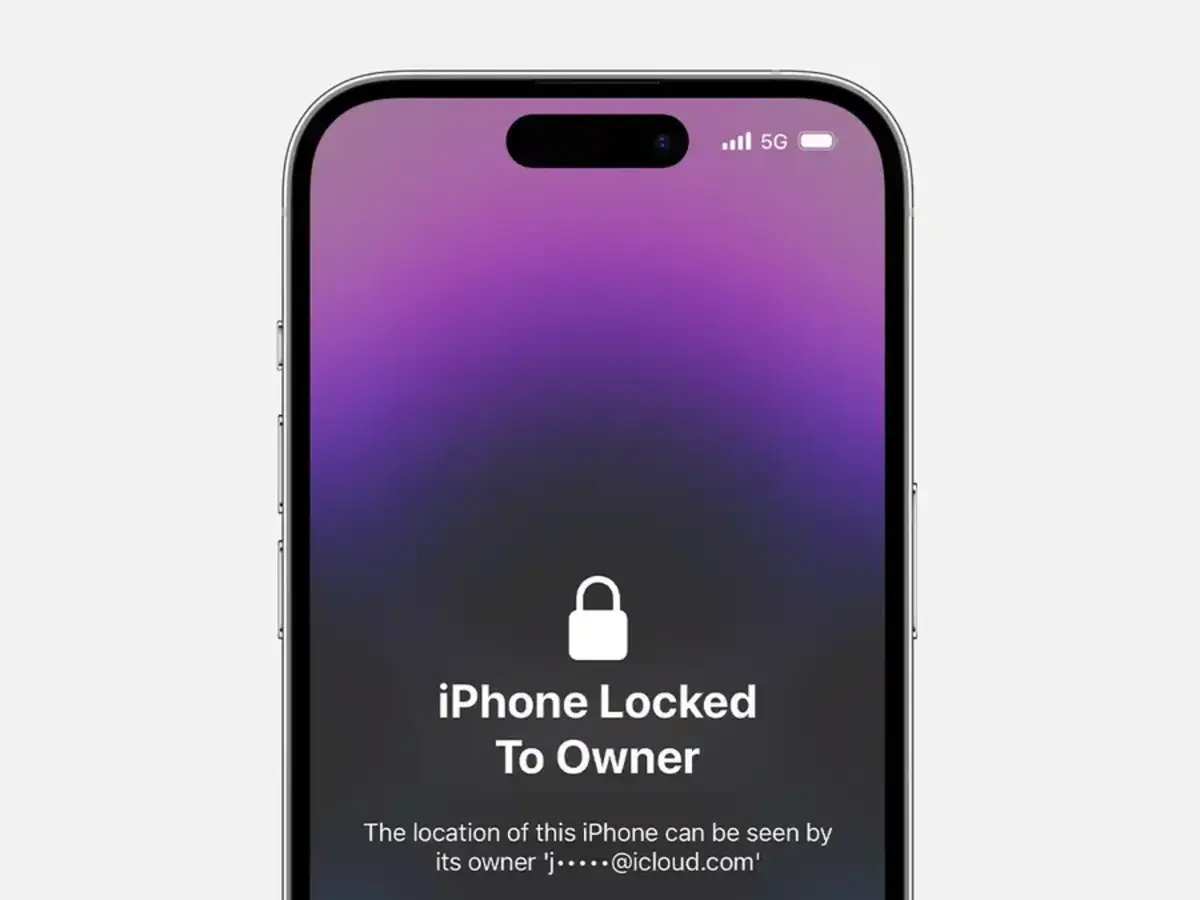
Following some initial questions on the topic, iOS 18.1 indeed introduces a new security feature aimed at enhancing the protection of iPhones that have been locked for an extended period.
A Quick Recap of Recent Events
Just a week ago, it was revealed that American law enforcement had noticed a peculiar behavior in several seized iPhones. These devices, securely stored for investigative purposes, had spontaneously restarted, complicating the unlocking process. It appears that devices running iOS 18 are more prone to this behavior, especially if they have been disconnected from their mobile network for too long.
Clearly, the likelihood of a new function in iOS 18.1 was high, particularly since a police report stated: “we believe that the iPhones with iOS 18.0 brought into the lab, under certain conditions, were communicating with other iPhones in the vault. This communication sent a signal to the devices to restart after a certain amount of time had passed since the device’s last activity or being out of network.”
New Security Features in iOS 18.1
The inactivity restart forces a locked iPhone to automatically reboot if it has been in standby for a specific time (about 72 hours or 3 days) without being unlocked. This reboot is independent of battery charge or network status, but rather a system-inherent feature. It is important to note that while the timer is set to 72 hours in iOS 18.1, it was originally set for 7 days in iOS 18.0.
The goal is to restore the highest level of security, making data more difficult to compromise or retrieve in the event of an unauthorized access attempt. In addition to protecting personal data, it provides assurances in cases of theft (to render the device unusable) or in compliance with GDPR (for enhanced data protection).
This feature has been confirmed by several security researchers. In a demonstration video, security researcher Jiska Classen showed that an iPhone left inactive for 72 hours will automatically restart.
Similarly, Magnet Forensics (Graykey) also wrote a blog post about the feature, expressing surprise that it was not officially documented by Apple on its website. According to Matthew Green from Johns Hopkins University, “this feature is an asset against thieves and malicious hackers. If your phone is stolen, attackers cannot indefinitely store it while they devise a bypass method.”
Beyond the standard iPhone lock, there are two levels of security:
• AFU (After First Unlock): state after the first unlock, where data is protected but some cryptographic keys are available in memory.
• BFU (Before First Unlock): state after a restart where all data remains fully encrypted and inaccessible until the user unlocks the device.
Hi, my name is Disha and I’m a passionate writer and editor at “Jason Deegan”. With a keen interest in all things tech, I strive to bring you the latest news and updates from the world of high-tech.






